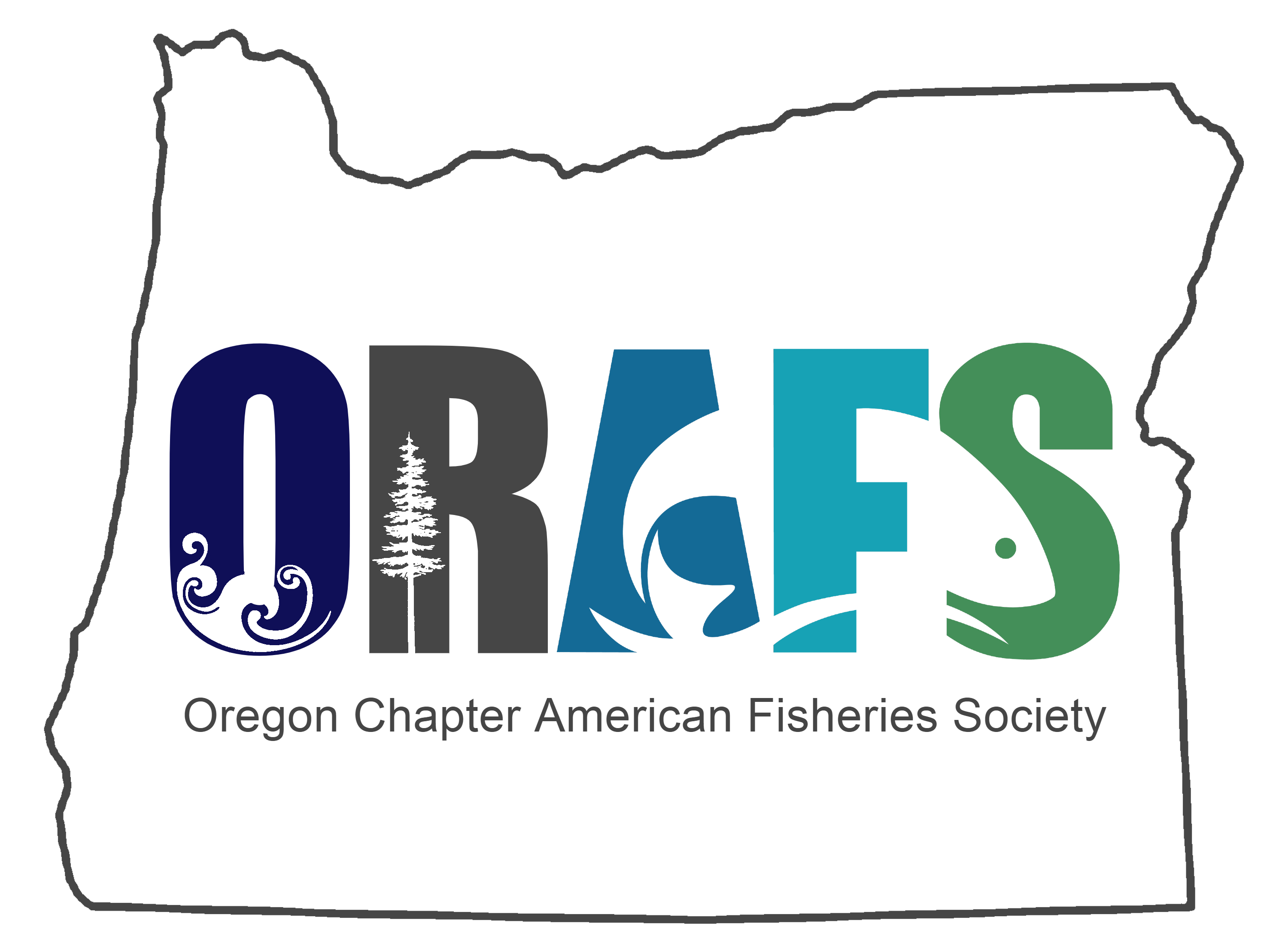20 May 1998
Mr. Glenn Davis
Editorial Department
The Oregonian – Opinion Pages
1320 SW Broadway
Portland, OR 97201
via fax: 503-294-4179
email: oped@news.oregonian.com
Dear Mr. Davis:
Per our conversation of 24 April, the Oregon Chapter of the American Fisheries Society has redrafted its ‘In My Opinion’ piece to better reflect the themes of scientific uncertainty, burden of proof, and adaptive management. We resubmit this to you for consideration for publication. The text is 774 words long; authors are identified with common address and individual work phone numbers. The piece was reviewed and approved by the Chapter’s Executive Committee.
We recognize that the Oregonian reserves the right to edit pieces for length and clarity. However, should you desire to publish this piece with your edits, we request the opportunity to review your edits prior to publication to ensure accuracy.
Thank you for your consideration; please feel free to contact me if you have any questions.
Sincerely,
Hal Weeks, President
SALMON RECOVERY CAN PROCEED DESPITE SCIENTIFIC UNCERTAINTY
In the Pacific Northwest, our disappearing salmon are just one of many signals that we humans are failing in our stewardship of the natural resources we will be passing on to future generations. Although complete agreement on salmon-related and other environmental issues will never be achieved, there is near unanimity in the scientific community that: (1) we humans are the ultimate source of most of our environmental problems, and (2) these problems are growing to the point that they are undermining the diverse ecosystem that is essential to all life. Everyone seems to agree that public decisions and actions affecting the environment should be based on the best scientific information available. Yet science and scientists have not produced consensus accepted by policy makers on what and how much must be done to achieve ecological sustainability, what it will cost, and how long it will take. Why?
Biological science is not a game of quick and sure measures. Ecological systems are highly complex and vary significantly across time and space. Because nature is not like a machine, our abilities to predict responses to the changes humans impose are imperfect. This is the case because many changes occur naturally, such as periodic floods or variations in ocean temperatures. Science is most clearly understood as a structured way of thinking, including data collection and analysis of observations. We as scientists can only use the data we have available, and make judgments which will vary in the degree of certainty based upon the quality and quantity of that information.
In using scientific understanding to make policy decisions about natural resource issues, society has most often put the burden of proof on those who are trying to protect the natural environment by requiring them to demonstrate clear, unequivocal detrimental impacts. For example, if a new dam (or timber sale, mine, subdivision, etc.) is proposed, decision-makers are under pressure to build the dam unless it can be shown unequivocally that this would cause unacceptable damage to the resource. Given the complexity and uncertainty inherent in understanding ecosystems, this has often proven an insurmountable barrier. A more prudent approach would be one of precaution — not to build the dam unless the evidence indicates that it could be done without substantial harm to the resource. This way, if the uncertainty is too great to resolve, we would have conserved the resource and maintained future options. We can always build a dam, but once salmon are gone, a hole in the ecosystem is created which cannot be repaired later.
Many argue that human activities need not change unless conservation efforts show sure benefits that are clearly justified relative to the near-term social and economic costs. We disagree. This demand for certainty, combined with the existing application of the burden of proof, reinforces activities destructive to the environment, to salmon, and ultimately to ourselves.
With regard to Pacific Northwest salmon, we are not operating on guess-work. Scientific studies have been extensive, detailed, and consistent. We have a solid understanding of salmon biology and the ecological processes that create, maintain, destroy, and recreate appropriate habitats. This understanding gives us a firm basis for predicting whether certain actions will be beneficial to salmon. When appropriate restoration measures are taken, we create the OPPORTUNITY for salmon populations to increase in response to improved environmental conditions, but we cannot always tell how quickly or dramatically populations will increase.
Solutions to our salmon and other environmental problems lie within human value systems and our willingness to change. It is clear that substantive changes are needed in agricultural practices, forestry, land development, patterns of water use and management, regulation of fisheries, the use of fish hatcheries, and in how each of us consumes resources. Many protections, like allowing riparian or erosion-prone areas to develop natural vegetation capable of protecting streams, will take several decades to centuries to yield their full environmental benefits. But postponing changes in ourselves and our activities while waiting for science to tell us with absolute certainty what will happen is definitely not in the interest of salmon recovery or a high quality environment for future generations.
We suggest using a method called “adaptive management” to allow policy decisions to be made and watershed restoration to begin in the face of uncertainty. The “management” part is implementing actions that are supported by the best available data. The “adaptive” part is learning from these actions and changing them if necessary. If we begin with substantial changes, including the restraint needed to allow natural recovery processes to function, adaptive management can help us to strategically improve our watersheds and fish populations while accepting the uncertainty of natural systems.
Hal Weeks, Rich Grost, and Chuck Huntington
President Internal Director Chair, Natural Production Cttee
Oregon Chapter
American Fisheries Society
P.O. Box 722
Corvallis, OR 97333
phones: hw 541-867-0300, ext 256; email: hal.weeks@hmsc.orst.edu
541-496-4580
503-266-8724
This article was reviewed and approved by the Executive Committee of the Oregon Chapter of the American Fisheries Society.
